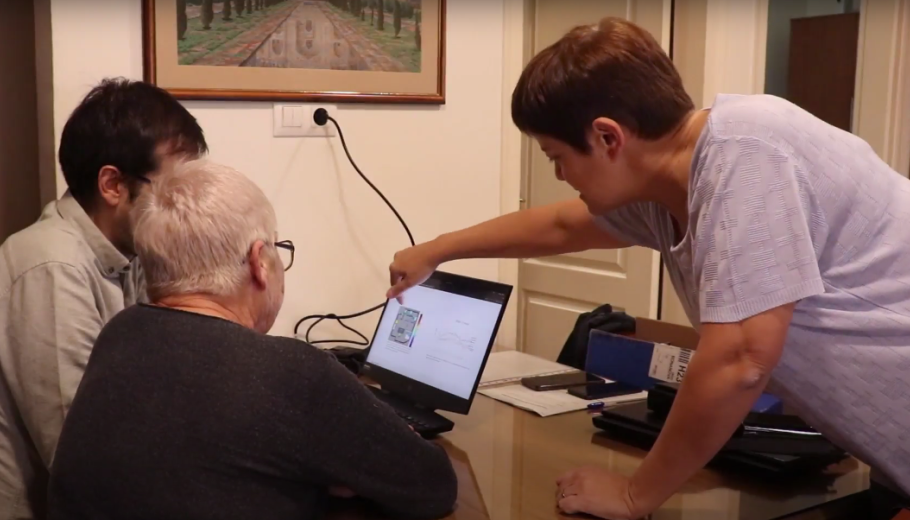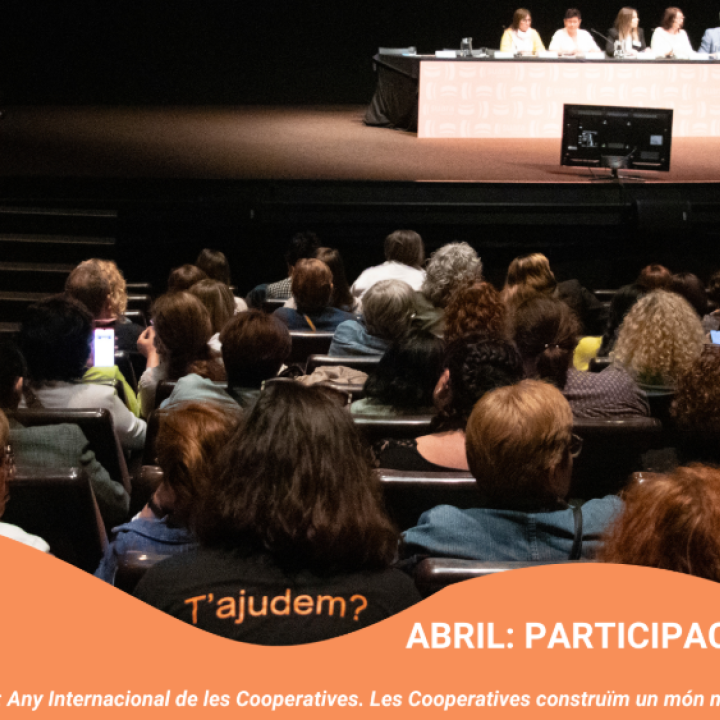Medicine has been essential to extend people's life expectancy. However, this has also brought new challenges. More and more elderly people are living alone at home and need personalized assistance.
With this goal in mind, Suara Cooperativa has teamed up with La Salle-URL, the Institute of Biomedical Research of Girona Josep Trueta (IDIBGI) and the University of Girona (UdG) to use technology to better understand the needs of people who require companionship.
Specifically, it is the SuaraMap project, which, through acoustic sensors, detects the movement that exists in each of the rooms and the time spent by the person in each of them. This makes it possible to create an acoustic map, in which the behavior patterns of the resident of the home are identified.
"They would be like motion sensors, but they are sound sensors, which allows us to see that the person is doing a basic activity of normal daily life," explains Ainhoa Montalà, a member of SuaraMap, a project funded by the Center for the Development of Industrial Technology (CDTI) of the Ministry of Science and Innovation.
In detail, the sensor signals are measured and then processed by an algorithm to create a sound map of the house. In this way, the person's habits can be tracked. If these change, it can be a trigger that there is a risk situation, a drop in functional performance or a deterioration of cognitive abilities.
"These changes in habitual sound patterns could be indicative that the person is starting a pathological process that involves a loss of functional independence, such as a neurodegenerative disorder such as Alzheimer's disease," explains Josep Garre, researcher at IDIBGI and the UdG.
This, however, is not the only advantage of this system. "The detection of acoustic elements is not a very invasive technology in people's lives," explains Rosa Maria Alsina, director of La Salle-URL Research. She adds that the main challenge of this collaboration with Suara Cooperativa is to apply the technology to improve the care of elderly people living alone "without interfering with daily life."
In 2021, a test was conducted in a real-world setting to identify behavioral patterns in the home and establish a technological basis for developing an active monitoring product, an initiative that is planned for further development.
Now, this project, in which Suara Cooperativa, the University of Girona and La Salle-URL collaborate, has obtained funding for two more years. During this period, artificial intelligence will be applied to detect cognitive impairment in elderly people living alone.



